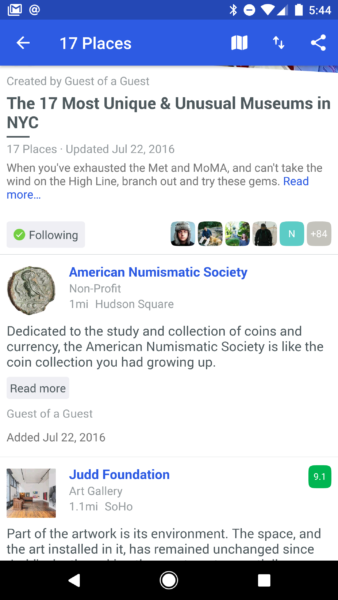Consumer Centric Healthcare
As we think about how to modify the ACA (aka Obamacare) into something different (aka Trumpcare) I would encourage everyone involved to think about one central tenet – put the person/consumer/patient at the center of the system, not the employer, not the insurer, and not the doctor.
I have written a few times about consumer centric healthcare here at AVC. I believe that patients should and will increasingly take control of their health care and that will be a good thing for costs and outcomes.
Our healthcare investment strategy at USV is largely based on this premise. My partner Andy who has done a lot of the critical thinking that has informed our investments in this sector, wrote this post on his personal blog six months ago explaining how we think about this sector.
Technology will have a lot to do with this. If the regulators will allow it. There are laws on the books in many states (NY State is among the worst) stopping patients from going around doctors and getting diagnostic tests, radiology exams, and, can you believe it, eye exams, using technology instead of humans. We must change those laws and I am involved in efforts to do just that. I would encourage others to engage on this issue. It’s important.
Andy Kessler had a good piece a few weeks ago on all of this. He points out that a lot of the data we need to train machine learning models are stuck in data silos controlled by big companies like Epic Systems. If Trump and his people want to make a better healthcare system, they should require Epic and its competitors to provide open APIs into these data silos so that people/patients can get access to their data and authorize third party systems to have it too. That one move would be huge for AI in healthcare, which we need to get costs under control.
Our problems in healthcare are largely structural. We have allowed employers and insurers to finance our healthcare system and take control of it. We need to get people back in control of healthcare. Technology can be the lever that will do that. If we allow it to happen.






